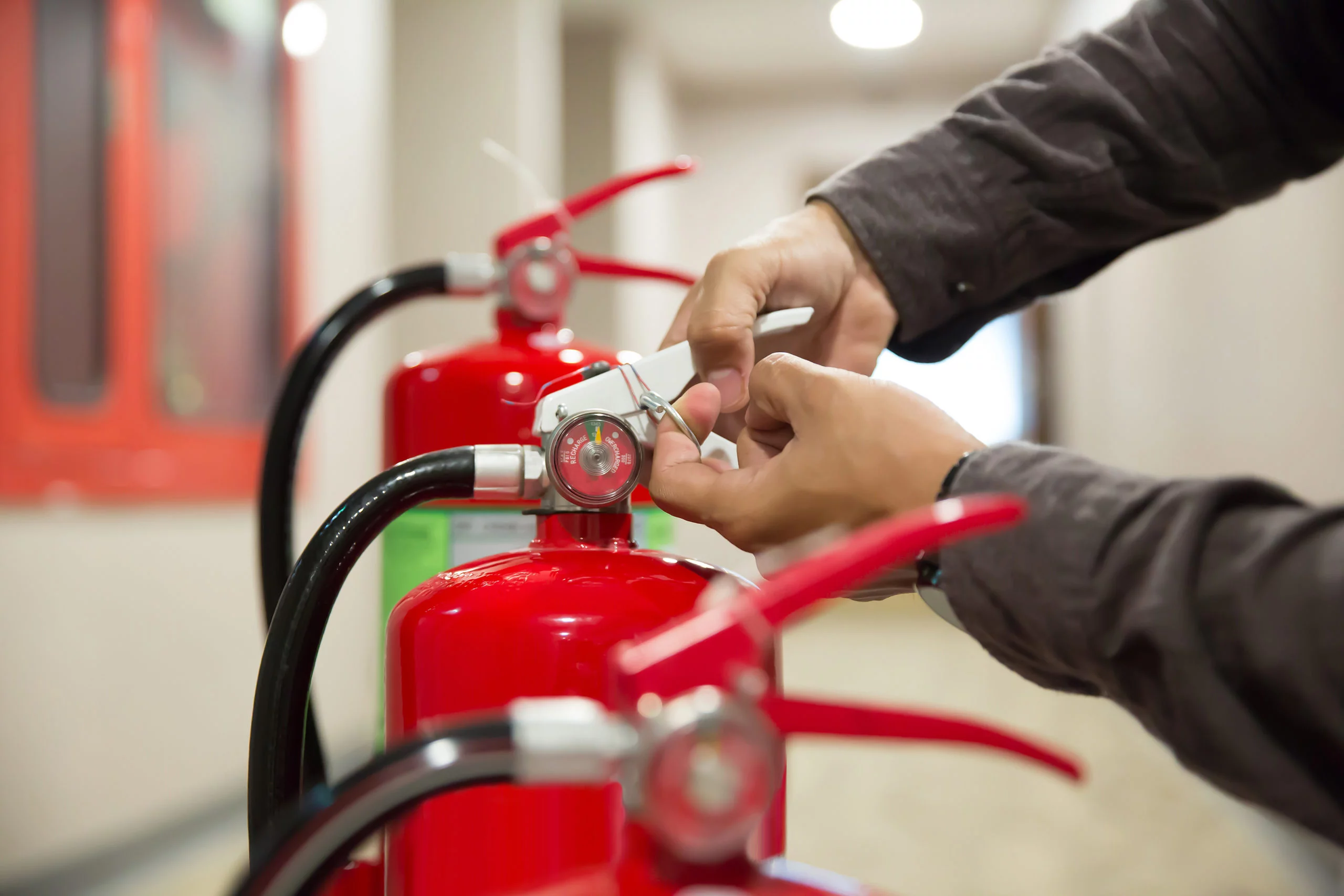The Crucial Importance of Regular Fire Extinguisher Servicing
Fire safety is a paramount concern in both residential and commercial settings. Among the essential tools for fire prevention and control, fire extinguishers play a crucial role. However, simply having a fire extinguisher is not enough; regular servicing is equally vital to ensure their effectiveness when needed.
Reliability in Emergencies: Fire emergencies are unpredictable and can occur at any time. A malfunctioning or improperly maintained fire extinguisher may fail to function when needed the most. Regular servicing ensures that each component of the extinguisher is in optimal condition, providing reliability in emergency situations.
Compliance with Regulations: Various safety regulations and codes mandate regular inspections and servicing of fire extinguishers in both residential and commercial spaces. Adhering to these regulations not only ensures the safety of occupants but also prevents potential legal consequences for non-compliance.
Extended Lifespan: Like any mechanical device, fire extinguishers have a finite lifespan. Regular servicing can identify and address issues before they become severe, thus extending the overall lifespan of the extinguisher. This proactive approach saves both time and money compared to replacing extinguishers prematurely.
Ensuring Proper Pressure: Fire extinguishers operate based on a specific pressure range. Over time, the pressure within an extinguisher can decrease, rendering it ineffective. Routine servicing involves checking and maintaining the proper pressure levels, ensuring that the extinguisher is ready for immediate use.
- Checking for Damages: External and internal damages to fire extinguishers can compromise their functionality. During servicing, professionals inspect the exterior for signs of corrosion, dents, or other damage. Internally, they check for clogs, leaks, or any issues that may hinder the extinguisher's performance.
Refilling and Recharging: Some fire extinguishers require refilling or recharging after use or over time. Regular servicing includes assessing the extinguisher's content levels and replenishing them if necessary. This ensures that the extinguisher is fully equipped to combat potential fire hazards.
- Educating Users: Fire extinguisher servicing provides an opportunity to educate users about the proper operation and maintenance of these devices. Users can be informed about the type of fires each extinguisher is designed to combat and the correct usage techniques, contributing to overall fire safety awareness.
The importance of regular fire extinguisher servicing cannot be overstated. It is a proactive and necessary step to ensure the reliability, compliance, and longevity of these critical firefighting tools. By investing in routine maintenance, individuals and organisations alike contribute to creating safer environments and better preparedness for unforeseen fire emergencies.

